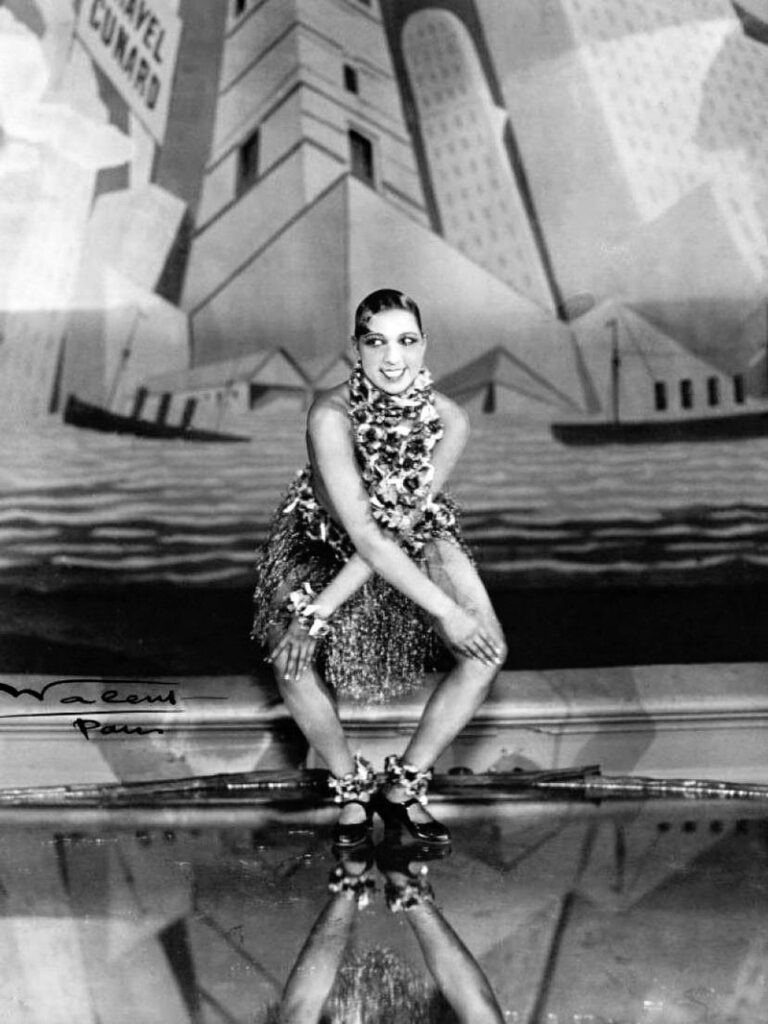I have read two articles from the list. The first is “Shifting Perspectives on the 1920s,” by Henry F. May, published in 1956. The second is “The Twenties: A New Historiographical Frontier,” by Burl Noggle, published in 1966. Though printed a decade apart, they share similar core themes.
First, May’s article’s overarching theme is that the 1920s had two different views. These varying perceptions of the 1920s are a cultural battle where people either condemn or praise it.1 Throughout this article, May analyzes different writers and if they say that the 1920s was good or bad. He also seeks to trace the ever-shifting picture of the 1920s to understand the emotions and how the decade felt.2 He notes where he found his research; not from historians but from journalists, literary critics, and social scientists.3
May claims that 1920s culture was caused by postwar upheaval; the emerging decade was a new civilization.4 One of the ways it was similar to a new world was because of the emergence of technology, higher wages, diffusion of ownership, and the switch of leadership to private management.5 However, with this also causes discrimination of wealth. He notes the acid test of wealth that has always been infected in history, and the 1920s is no stranger to it.6 Nevertheless, May says that despite the different way the 1920s has been throughout history, it is not a separate thing. Continuous inventions and standardization were the hopes of the future, far from the depression from the previous war.7 May goes into sociologists, whom he credits his research to, who were as optimistic as businessmen and historians.8
May’s thoughts differ from those of Harold Stearns and Stearns’s colleagues of 1922 because, as May claims, they are barren, neurotic, facile, ignorant, and unoriginal.9 May refers to historians as “he” only. As the second article was written in 1966, writers would have done this. If May’s 1956 article had been compared to an article from the 2000s, the pronouns would have been more progressive.

Noggle also agrees that the 1920s varies from writer to writer.10 As May also agrees, Noggle says that the country craved rest after the World War.11 Noggle firmly believed that the decade was an emotional response to World War I, which is very similar to May and other writers.12 Noggle also claims that among doctoral studies in the 1920s, economic themes outnumber the rest in the 1940s.13 However, several successful essays on domestic and international politics were written simultaneously.14 After 1950, Noggle said that doctoral studies of the 1920s increased exponentially regarding diplomatic history.15 Noggle says that in time after the 1920s, political studies grew and caused a more in-depth and complex analysis of the 1920s.16
Overall, despite being written nearly a decade apart, May and Noggle’s articles are similar. Noggles focuses more on the political aspect, which makes sense in comparison to the political issues occurring in the 1960s. The two articles complement each other since they both focus on the same subject of the 1920s yet go into different aspects of it. May brings up more writers’ opinions, agrees, and disagrees, while Noggle only branches out to a few other writers. This makes sense because May had less to work on since he wrote it closer to the 1920s than Noggle did.
- Henry May, “Shifting Perspectives on the 1920s
Download Shifting Perspectives on the 1920s,” Mississippi Valley Historical Review (Dec. 1956), pp. 405-427. 405. ↩︎ - May, 405. ↩︎
- May, 405. ↩︎
- May, 406. ↩︎
- May, 406. ↩︎
- May, 406. ↩︎
- May, 406. ↩︎
- May, 407. ↩︎
- May, 409. ↩︎
- Burl Noggle, “The Twenties: A New Historiographical Frontier
Download The Twenties: A New Historiographical Frontier,” The Journal of American History (Sept. 1966), pp. 239-314. 299. ↩︎ - Noggle, 299. ↩︎
- Noggle, 299. ↩︎
- Noggle, 304. ↩︎
- Noggle, 305. ↩︎
- Noggle, 306. ↩︎
- Noggle, 310. ↩︎
History major and Human Rights and Genocide Studies minor at Ramapo College of New Jersey class of 2025.
